Dominican Republic Egg Freezing: Affordable Fertility Solutions

Considering egg freezing is a significant decision for many individuals and couples looking to preserve their fertility for the future. Whether you're focusing on career goals, delaying parenthood, or facing medical treatments that could impact your fertility, egg freezing offers a valuable option. The Dominican Republic has emerged as a popular destination for fertility treatments, including egg freezing, due to its competitive pricing and reputable clinics. This guide will provide a comprehensive overview of how much egg freezing costs in the Dominican Republic, what services are typically included in these prices, and how the costs compare to other popular medical tourism destinations. We'll also delve into factors that influence the overall expense and answer common questions to help you make an informed decision about fertility preservation in the Dominican Republic.
How Much Does Egg Freezing Cost in the Dominican Republic?
It's important to remember that this is the cost for one cycle. Some individuals may require more than one cycle to retrieve a sufficient number of eggs for future use, which would increase the overall expense. Additionally, there are ongoing costs associated with storing the frozen eggs, typically billed annually.
What is Included in the Egg Freezing Package Cost?
-
Initial Consultation and Assessment: This involves a thorough review of your medical history, physical examination, and initial diagnostic tests to assess your ovarian reserve and overall fertility health.
-
Ovarian Stimulation Medications: These are hormone injections used to stimulate your ovaries to produce multiple eggs. The cost of medications can be a significant part of the overall expense, and sometimes they are a separate cost from the base package.
-
Monitoring Appointments: Throughout the stimulation phase, you'll have regular ultrasounds and blood tests to monitor follicle growth and hormone levels, ensuring optimal timing for egg retrieval.
-
Egg Retrieval Procedure: This is a minor surgical procedure performed under sedation, where a fertility specialist extracts the mature eggs from your ovaries.
-
Anesthesia Fees: Anesthesia is administered during the egg retrieval for your comfort, and its cost is usually included in the package.
-
Cryopreservation (Freezing) of Eggs: This involves the actual process of vitrification, a fast-freezing technique used to preserve the eggs.
-
Initial Storage: The initial period of storage for your frozen eggs, typically for one year, is often part of the upfront package.
It's crucial to clarify with the clinic exactly what is and isn't included in their quoted price, especially regarding medications and long-term storage fees.
How Do Egg Freezing Costs in the Dominican Republic Compare to Other Countries?
The Dominican Republic stands out as a cost-effective destination for fertility treatments, including egg freezing, when compared to many Western countries.
-
United States: In the U.S., a single cycle of egg freezing can range from $10,000 to $20,000, excluding medication costs which can add another $3,000 to $8,000. Annual storage fees typically range from $500 to $1,000.
-
Canada: While generally less expensive than the U.S., egg freezing in Canada can still cost between $7,000 to $15,000 per cycle, plus medication and storage fees.
-
Mexico: Mexico is another popular medical tourism destination for fertility treatments, with egg freezing costs often ranging from $3,000 to $5,000, similar to the Dominican Republic.
-
Europe (e.g., Spain, UK): Costs in Europe vary widely, but often fall in the range of $3,000 to $7,000, with some clinics in the UK being significantly higher.
The lower overhead costs, competitive market, and favorable exchange rates in the Dominican Republic contribute to these significant savings, making it an attractive option for those seeking high-quality care at a fraction of the price found in their home countries.
What Factors Influence the Total Cost of Egg Freezing?
-
Number of Cycles: The primary factor affecting cost is how many egg retrieval cycles you undergo. The number of eggs retrieved per cycle varies greatly from person to person. To achieve a desired number of eggs for a reasonable chance of future pregnancy, some individuals may need more than one cycle. Each additional cycle incurs the base procedure cost.
-
Medication Dosage: The cost of fertility medications can fluctuate based on the individual's response and the required dosage. Some individuals may need higher doses of hormones, leading to increased medication expenses.
-
Clinic and Location: While the Dominican Republic offers competitive prices overall, costs can vary slightly between clinics, particularly between those in major cities like Santo Domingo and those in smaller towns. Established clinics with state-of-the-art facilities might have slightly higher fees.
-
Annual Storage Fees: After the initial freezing, you will incur annual fees for storing your eggs. These fees are ongoing and accumulate over time.
-
Additional Tests or Procedures: In some cases, additional diagnostic tests or minor procedures might be recommended before or during the egg freezing process, which could add to the overall cost. For example, if a patient has specific underlying health conditions, more in-depth evaluations might be necessary.
-
Travel and Accommodation: For international patients, travel expenses (flights, local transportation) and accommodation costs in the Dominican Republic should be factored into the total budget.
-
Insurance Coverage: While fertility treatments are often not covered by standard health insurance in many countries, it's worth checking if any part of the diagnostic testing or medication is covered by your existing plan.
Understanding these variables will help you budget more accurately for your egg freezing process.
Are There Any Hidden Costs or Unexpected Fees for Egg Freezing?
-
Medication Costs: As mentioned, sometimes the initial quoted price for the egg freezing cycle does not fully include the cost of all stimulation medications. Confirm whether the medication is included, and if so, what dosage it covers. If not, ask for an estimated range for these expenses.
-
Anesthesia Fees: While often included, verify that anesthesia costs for the retrieval procedure are explicitly part of the package.
-
Monitoring Fees: Confirm that all necessary ultrasounds and blood tests during the stimulation phase are covered. Some clinics might list the retrieval package separately from monitoring.
-
Annual Storage Fees: Understand the exact cost of annual storage after the initial included period, and inquire about any long-term storage plans or discounts.
-
Thawing and Transfer Costs: It's important to remember that the egg freezing process is distinct from the future thawing and transfer of eggs for IVF. These future procedures will incur separate costs. While not a "hidden" cost of freezing, it's a future expense to be aware of.
-
Genetic Testing: If you opt for any genetic screening of the eggs (though less common for egg freezing than embryo freezing), this would be an additional cost.
-
Complication Fees: While rare, ask about policies regarding unforeseen complications that might require additional medical attention or procedures.
Always request a detailed breakdown of all costs and a written quote to ensure you have a clear understanding of your financial commitment.
What is the Process of Egg Freezing in the Dominican Republic?
-
Initial Consultation and Evaluation: Your journey begins with a comprehensive consultation with a fertility specialist. This includes discussing your medical history, fertility goals, and undergoing diagnostic tests such as blood work (to assess hormone levels like AMH) and ultrasound scans (to check ovarian reserve). Based on these results, the doctor will determine your eligibility and create a personalized treatment plan.
-
Ovarian Stimulation: Once the plan is established, you'll begin a course of hormone injections (gonadotropins) for about 8-12 days. These medications stimulate your ovaries to produce multiple mature eggs, rather than the single egg typically released during a natural cycle.
-
Monitoring: Throughout the stimulation phase, you'll have frequent monitoring appointments, typically every 1-3 days. These involve blood tests to track hormone levels and transvaginal ultrasounds to monitor the growth and development of your ovarian follicles. This monitoring ensures the optimal timing for egg retrieval.
-
Trigger Shot: Once your follicles have reached an ideal size, you'll receive a "trigger shot" of hCG (human chorionic gonadotropin). This injection helps the eggs mature fully and prepares them for retrieval within 34-36 hours.
-
Egg Retrieval: The egg retrieval procedure is a minor surgical procedure performed under light sedation or general anesthesia. Using an ultrasound-guided needle, the fertility specialist will gently aspirate the fluid from each follicle, collecting the mature eggs. The procedure usually takes about 20-30 minutes.
-
Cryopreservation (Freezing): Immediately after retrieval, the collected eggs are taken to the embryology lab. Here, embryologists assess the quality and maturity of the eggs. Mature eggs are then rapidly frozen using a technique called vitrification. This rapid freezing minimizes ice crystal formation, which can damage the cells, significantly improving the survival rates of the eggs upon thawing.
-
Storage: The frozen eggs are then stored in special cryogenic tanks at extremely low temperatures until you are ready to use them in the future.
The entire process, from the start of stimulation to egg retrieval, typically takes about two weeks.
What Are the Success Rates for Egg Freezing?
The success of egg freezing is not guaranteed, but advancements in cryopreservation technology, particularly vitrification, have significantly improved outcomes.
-
Age at Freezing: This is arguably the most critical factor. The younger a woman is when she freezes her eggs, the higher the quality of those eggs and thus the higher the likelihood of a successful pregnancy. Egg quality declines with age, meaning older eggs are less likely to result in a live birth.
-
For women under 35, success rates per thawed egg can be significantly higher.
-
For women over 38-40, more eggs may need to be frozen to achieve similar live birth rates.
-
-
Number of Eggs Frozen: A higher number of frozen eggs generally correlates with a higher chance of achieving a live birth. Clinics often recommend freezing a certain number of eggs based on age to maximize success rates. For example, a woman under 35 might aim for 15-20 mature eggs, while an older woman might aim for 20-30.
-
Egg Quality: Even at a young age, individual egg quality can vary. Factors like genetics and lifestyle can play a role.
-
Clinic Expertise: The experience of the fertility clinic and its embryology lab in vitrification and thawing techniques plays a crucial role in the survival rate of the eggs. Reputable clinics in the Dominican Republic with experienced staff will generally have better outcomes.
-
Future IVF Success: When it's time to use the eggs, they will be thawed and fertilized with sperm using IVF. The success of this IVF cycle will also depend on factors such as sperm quality, uterine health, and other individual circumstances.
It's important to have a realistic understanding of success rates and discuss these thoroughly with your fertility specialist. They can provide personalized estimates based on your individual profile.
Who is a Good Candidate for Egg Freezing?
-
Age-Related Fertility Decline: Women who want to delay childbearing for personal, professional, or financial reasons can freeze their eggs at a younger age when their egg quality and quantity are higher, thereby preserving their fertility potential.
-
Medical Reasons:
-
Cancer Treatment: Patients diagnosed with cancer who are about to undergo chemotherapy, radiation, or surgery that could damage their ovaries and eggs.
-
Autoimmune Diseases: Individuals with autoimmune conditions requiring treatments that may impact fertility.
-
Genetic Conditions: Women carrying certain genetic mutations (e.g., BRCA gene) that increase the risk of specific cancers, where early oophorectomy (ovary removal) might be considered.
-
-
Family History of Early Menopause: Women whose mothers or sisters experienced early menopause may choose to freeze their eggs proactively to mitigate the risk of premature ovarian insufficiency.
-
Ethical or Personal Beliefs: Some individuals prefer to freeze eggs rather than embryos due to ethical considerations regarding embryo creation or if they do not have a partner at the time.
-
Career or Education Goals: Those who wish to focus on their careers or pursue higher education before starting a family.
-
Lack of a Partner: Women who have not yet found a suitable partner but wish to preserve their option to have biological children in the future.
A fertility specialist will conduct a thorough evaluation to determine if egg freezing is the right choice for your specific situation.
How Long Can Eggs Be Stored After Freezing?
Thanks to advancements in cryopreservation techniques, particularly vitrification, frozen eggs can be stored for extended periods without significant degradation in quality.
Many studies have shown successful pregnancies from eggs that have been frozen for over 10 years, and there's no evidence to suggest that the quality of the eggs declines with longer storage beyond that. The primary factor influencing the success rate remains the age of the woman at the time the eggs were frozen, not the duration of storage.
While technically indefinite, legal and regulatory guidelines in some countries might impose limits on storage duration. However, in most fertility clinics, including those in the Dominican Republic, the focus is on providing long-term storage options to meet individual needs, often with renewable annual contracts. It's always advisable to discuss the specific long-term storage policies and associated fees with your chosen clinic.
What are the Potential Risks of Egg Freezing?
While egg freezing is generally considered a safe procedure, like any medical intervention, it carries some potential risks.
-
Discomfort or Side Effects from Hormonal Stimulation: The most common side effects from the hormone injections include:
-
Bloating and abdominal discomfort
-
Mood swings
-
Headaches
-
Breast tenderness
-
Bruising at injection sites
-
-
Ovarian Hyperstimulation Syndrome (OHSS): This is a more serious, but rare, complication where the ovaries overreact to the stimulation medications, leading to swelling and fluid accumulation. Mild OHSS symptoms include bloating and nausea, while severe cases can involve rapid weight gain, severe abdominal pain, and shortness of breath, requiring medical attention. Clinics closely monitor patients to minimize the risk of OHSS.
-
Risks Associated with Egg Retrieval: The egg retrieval is a minimally invasive surgical procedure, and as such, carries a small risk of:
-
Bleeding: Minor bleeding is common, but significant bleeding is rare.
-
Infection: Infection is a rare complication, often managed with antibiotics.
-
Damage to Organs: Extremely rare, but there's a minimal risk of damage to nearby organs like the bowel or bladder during needle insertion.
-
Anesthesia Risks: As with any procedure involving anesthesia, there are minor risks associated with the sedation itself, which the anesthesiologist will discuss.
-
-
No Guarantee of Pregnancy: It's important to understand that egg freezing preserves the possibility of future pregnancy but does not guarantee it. The success rates depend on various factors, as discussed earlier.
-
Egg Survival After Thawing: While vitrification is highly effective, not all eggs will survive the thawing process.
Your fertility specialist will discuss all potential risks and side effects with you in detail during your consultation, ensuring you are fully informed before proceeding.
What Should I Look for in a Fertility Clinic in the Dominican Republic?
-
Accreditation and Licensing: Ensure the clinic is properly licensed and accredited by relevant health authorities in the Dominican Republic. This indicates adherence to medical standards.
-
Experienced Specialists: Look for clinics with highly qualified and experienced reproductive endocrinologists and embryologists. Check their credentials, years of experience, and their specific expertise in egg freezing and cryopreservation.
-
State-of-the-Art Technology: The clinic should have a modern embryology lab equipped with advanced technology for vitrification and storage. Up-to-date equipment contributes to better egg survival and fertilization rates.
-
Success Rates: While individual success rates vary, ask the clinic about their overall egg thawing and fertilization rates, and their live birth rates from frozen eggs. Reputable clinics are often transparent about their outcomes.
-
Transparent Pricing: As discussed, get a detailed, written breakdown of all costs, including the procedure, medications, initial storage, and annual storage fees, to avoid any hidden charges.
-
Patient Reviews and Testimonials: Look for online reviews, testimonials, and patient forums to gauge the experiences of previous patients. This can provide insights into the clinic's patient care, communication, and overall service quality.
-
Personalized Care and Communication: Assess how responsive and supportive the clinic staff are. A good clinic will offer personalized treatment plans and clear communication throughout your journey.
-
Language Barrier: If you don't speak Spanish, confirm that the clinic has English-speaking staff or can provide reliable translation services.
-
Support Services: Inquire about any additional support services, such as counseling, psychological support, or assistance with travel logistics if you are an international patient.
Taking the time to research and ask these questions will help you choose a clinic that best meets your needs and provides a high standard of care.
What is the Recovery Time After Egg Freezing?
-
Immediate Post-Procedure: After the egg retrieval, you'll typically spend a few hours in a recovery area while the effects of the anesthesia wear off. You might feel a bit drowsy or groggy.
-
Mild Discomfort: It's common to experience some mild cramping, bloating, and light spotting for a day or two after the procedure. This is usually manageable with over-the-counter pain relievers.
-
Resuming Activities: Most women are able to resume their normal daily activities within 24 to 48 hours. However, it's generally advised to avoid strenuous exercise, heavy lifting, and sexual intercourse for about a week to prevent discomfort and reduce the minimal risk of complications.
-
Bloating: The bloating from ovarian stimulation can persist for a few days to a week after retrieval as the ovaries return to their normal size.
-
Follow-up: Your clinic will likely provide specific post-procedure instructions and schedule a follow-up appointment if needed to ensure you are recovering well.
Overall, egg freezing is not a procedure with a lengthy or difficult recovery, allowing most individuals to get back to their routines fairly quickly.
Are There Age Restrictions for Egg Freezing in the Dominican Republic?
-
Optimal Age: The ideal age for egg freezing is generally considered to be in a woman's late 20s to mid-30s (typically up to age 35-37) when egg quality and quantity are at their peak. Freezing eggs during this period offers the highest chance of future success.
-
Declining Success with Age: As a woman ages, the quality and quantity of her eggs naturally decline. While egg freezing is still possible in the late 30s and early 40s, more cycles may be needed to retrieve a sufficient number of viable eggs, and the per-egg success rate for future pregnancy will be lower.
-
Clinic Discretion: Most reputable clinics will assess each individual case. If a woman is in her early to mid-40s, the clinic will discuss the reduced success rates and potentially recommend more aggressive stimulation protocols or multiple cycles to try and yield enough eggs.
-
No Lower Age Limit (with consent): There isn't typically a lower age limit for egg freezing, particularly in cases of medical necessity (e.g., young cancer patients). However, for elective egg freezing, it's usually undertaken by women who are mature enough to make an informed decision and are typically in their 20s or older.
Ultimately, the decision to proceed with egg freezing at any age will be made in consultation with a fertility specialist, who will provide a realistic assessment of your chances based on your individual ovarian reserve and health.
Can I Travel Immediately After Egg Retrieval?
It is generally not recommended to travel immediately after egg retrieval, especially by air, for at least 24 to 48 hours.
-
Anesthesia Effects: You will have received anesthesia during the procedure, which can leave you feeling drowsy, dizzy, or lightheaded. It's crucial to have someone accompany you and avoid operating machinery or driving for at least 24 hours.
-
Post-Procedure Discomfort: You'll likely experience some mild cramping, bloating, and tenderness in your abdominal area. Traveling, particularly on long flights, can exacerbate these symptoms and make you uncomfortable.
-
Risk of Complications (Though Small): While rare, there's a very slight risk of complications like bleeding or infection immediately after the procedure. Being in close proximity to medical care in the initial 24-48 hours is advisable in case any unexpected issues arise.
-
Ovarian Hyperstimulation Syndrome (OHSS) Monitoring: Although clinics take precautions to prevent OHSS, the risk is highest in the days following retrieval. Being close to the clinic allows for immediate assessment and management if symptoms develop.
Most clinics will advise you to rest and stay local for at least one to two days after the procedure. If you are an international patient, plan your trip to include a few days for recovery in the Dominican Republic before flying back home. This allows your body time to recover and ensures you can access medical attention if needed.
What are the Ethical and Legal Considerations for Egg Freezing in the Dominican Republic?
-
Informed Consent: Patients must provide fully informed consent for the egg freezing procedure, understanding the risks, benefits, and alternatives. This includes detailed discussions about the number of eggs to be frozen, storage duration, and future use.
-
Ownership and Disposition of Eggs: Clear agreements are established regarding the ownership of the frozen eggs and what happens to them in various scenarios. This includes:
-
Future Use: How and when the eggs can be used for personal reproduction.
-
Death of the Patient: What happens to the eggs if the patient passes away.
-
Incapacitation: Provisions for decision-making if the patient becomes incapacitated.
-
Divorce/Separation: If the eggs were frozen as part of a couple, arrangements for their disposition in case of separation.
-
Donation or Research: Options for donating eggs to others or for scientific research, if permissible and desired.
-
-
Privacy and Confidentiality: Patient data and medical records are protected under privacy laws, ensuring the confidentiality of your fertility treatment.
-
Commercialization: Regulations typically prohibit the commercial buying and selling of human eggs, focusing on ethical donation and freezing for personal use.
-
Sperm Source: If the frozen eggs are intended for use with donor sperm, the clinic will have protocols regarding donor screening and legal parentage.
-
Quality and Safety Standards: While not always explicit legal frameworks, clinics are expected to maintain high standards of quality and safety in their procedures, equipment, and lab practices.
It's crucial to discuss all legal and ethical considerations with your chosen clinic in the Dominican Republic and ensure you understand all consent forms and agreements before proceeding with egg freezing. If you have complex legal concerns, consulting with a lawyer specializing in reproductive law in your home country and the Dominican Republic may be advisable.
Can I Use My Frozen Eggs with a Partner Later?
ne of the primary reasons women choose to freeze their eggs is to preserve their fertility until they are ready to have children, often with a future partner. hen you decide it's time to conceive, your frozen eggs can be used in conjunction with your partner's sperm through In Vitro Fertilization (IVF).
Here's how the process generally works:
-
Thawing: When you are ready to use them, your eggs will be carefully thawed in the laboratory. Modern vitrification techniques lead to high survival rates after thawing.
-
Fertilization: Once thawed, the eggs will be fertilized with your partner's sperm in the lab using a procedure called intracytoplasmic sperm injection (ICSI). In ICSI, a single sperm is injected directly into each egg to facilitate fertilization.
-
Embryo Development: After fertilization, the resulting embryos will be monitored for several days as they develop.
-
Embryo Transfer: One or more viable embryos will then be transferred into your uterus in hopes of achieving a pregnancy. Any remaining good quality embryos can often be frozen for future use.
This process allows you to leverage the younger, healthier eggs you froze, potentially overcoming age-related fertility challenges you might face when you are ready to build your family with a partner.
What Medications are Used for Egg Freezing and Their Costs?
The medications used for egg freezing are primarily hormonal drugs designed to stimulate the ovaries to produce multiple mature eggs in a single cycle.
Here are the main types of medications and their estimated cost implications in the Dominican Republic:
-
Gonadotropins (FSH and/or LH): These are the primary injectable hormones used for ovarian stimulation. Common brand names include Gonal-F, Follistim, Menopur, and Puregon. They stimulate the growth of multiple follicles in the ovaries.
-
Cost: In the Dominican Republic, the cost of these stimulation medications can range from $1,500 to $3,500 USD per cycle, depending on the required dosage and type of medication. The exact amount will vary based on your individual response and ovarian reserve.
-
-
GnRH Antagonists (e.g., Cetrotide, Ganirelix): These injectable medications are used to prevent premature ovulation during the stimulation phase, ensuring that the eggs are retrieved before they are naturally released.
-
GnRH Agonists (e.g., Lupron): In some protocols, an agonist might be used instead of an antagonist, or as part of the "trigger shot."
-
"Trigger Shot" (hCG - e.g., Ovidrel, Pregnyl): This final injection is given to induce the final maturation of the eggs and prepare them for retrieval within a precise timeframe (typically 34-36 hours later).
-
Cost: The trigger shot is usually a smaller component of the total medication cost.
-
It's crucial to understand whether the quoted egg freezing package from a clinic includes all necessary medications or if they are billed separately. Always ask for an estimated range for medication costs based on typical protocols to better plan your budget.
For more information on medical tourism and fertility solutions, explore PlacidWay for a comprehensive guide to global healthcare services.


.png)



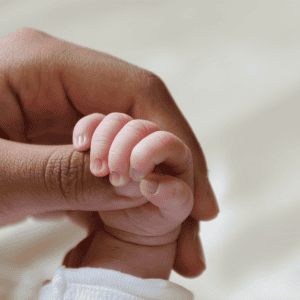

.png)
.png)
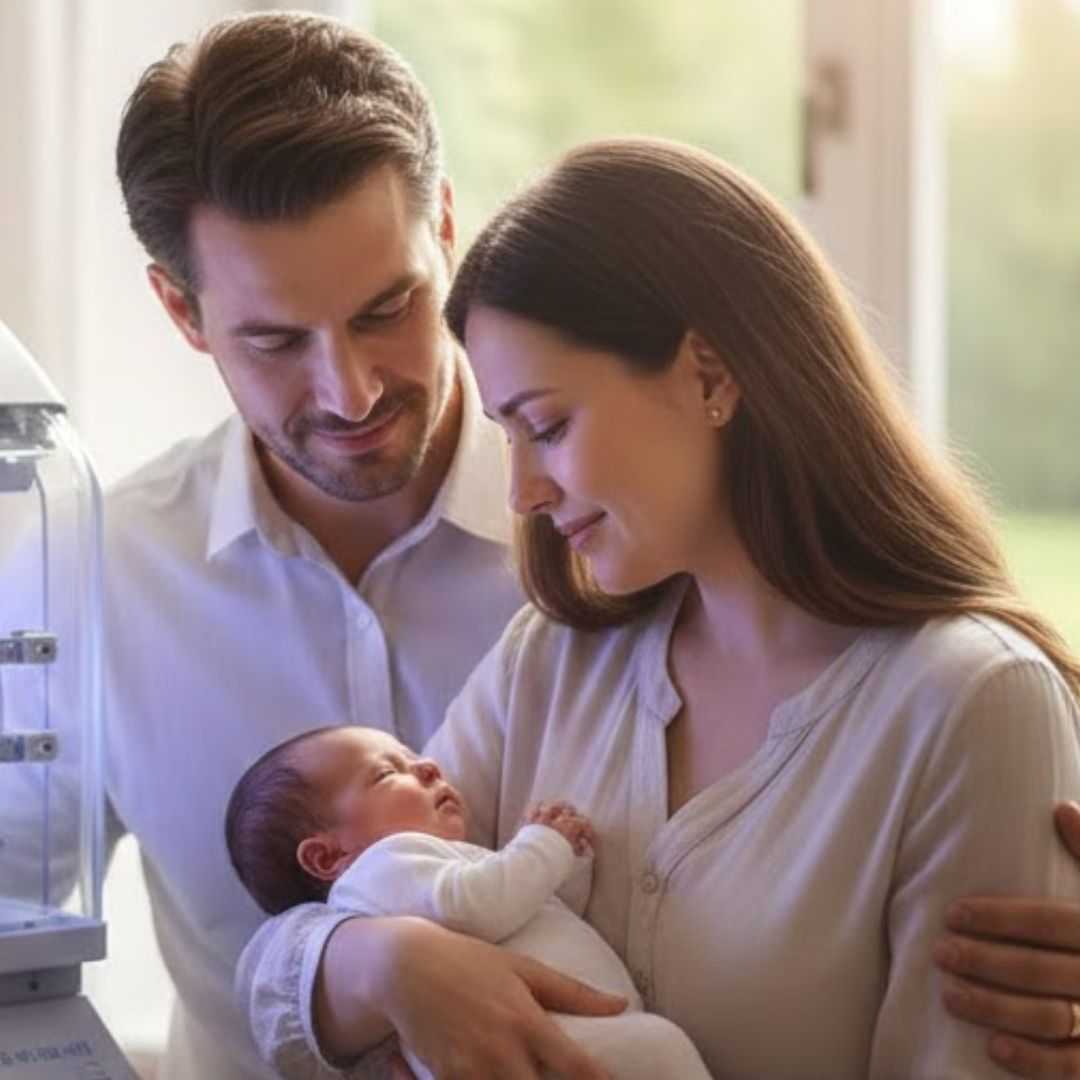
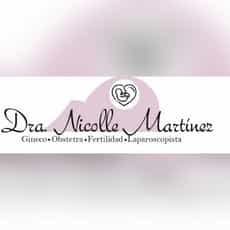
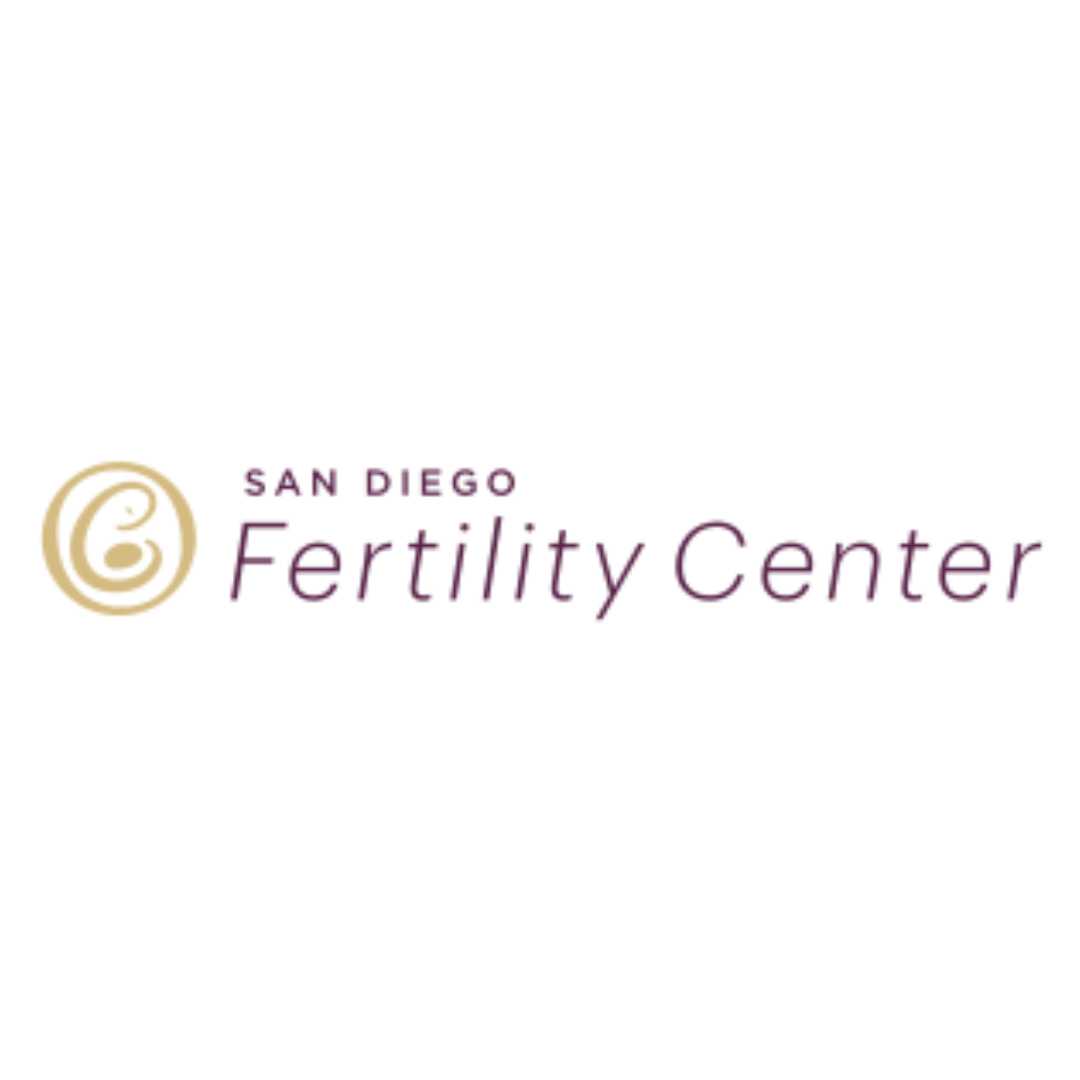
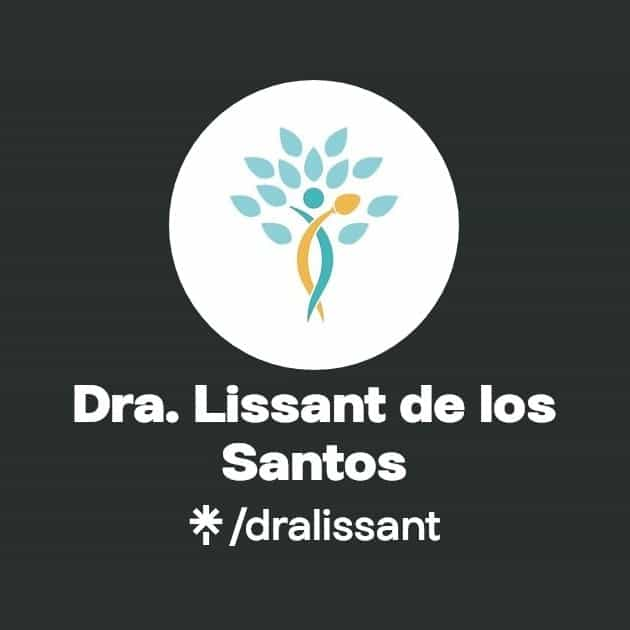

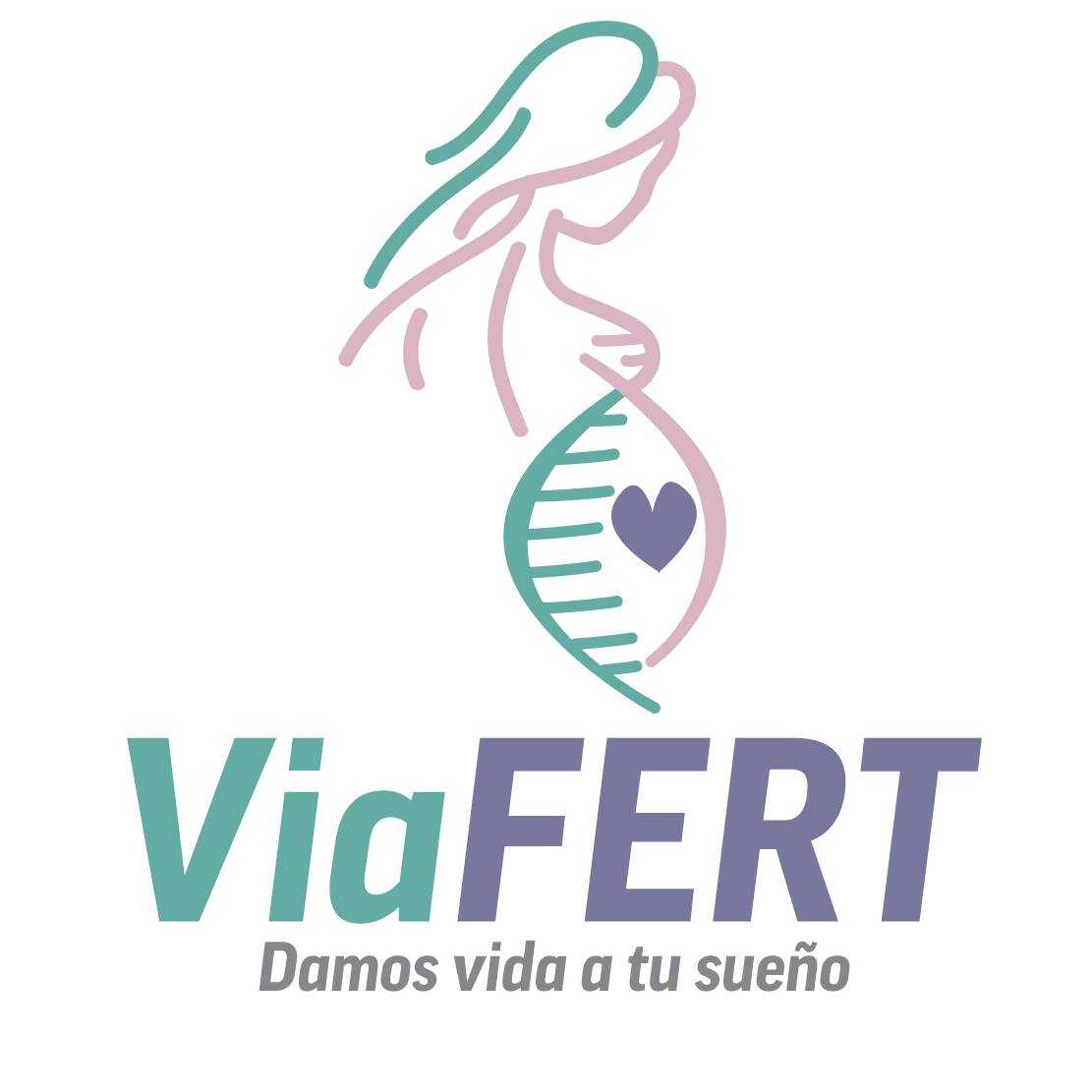

Share this listing